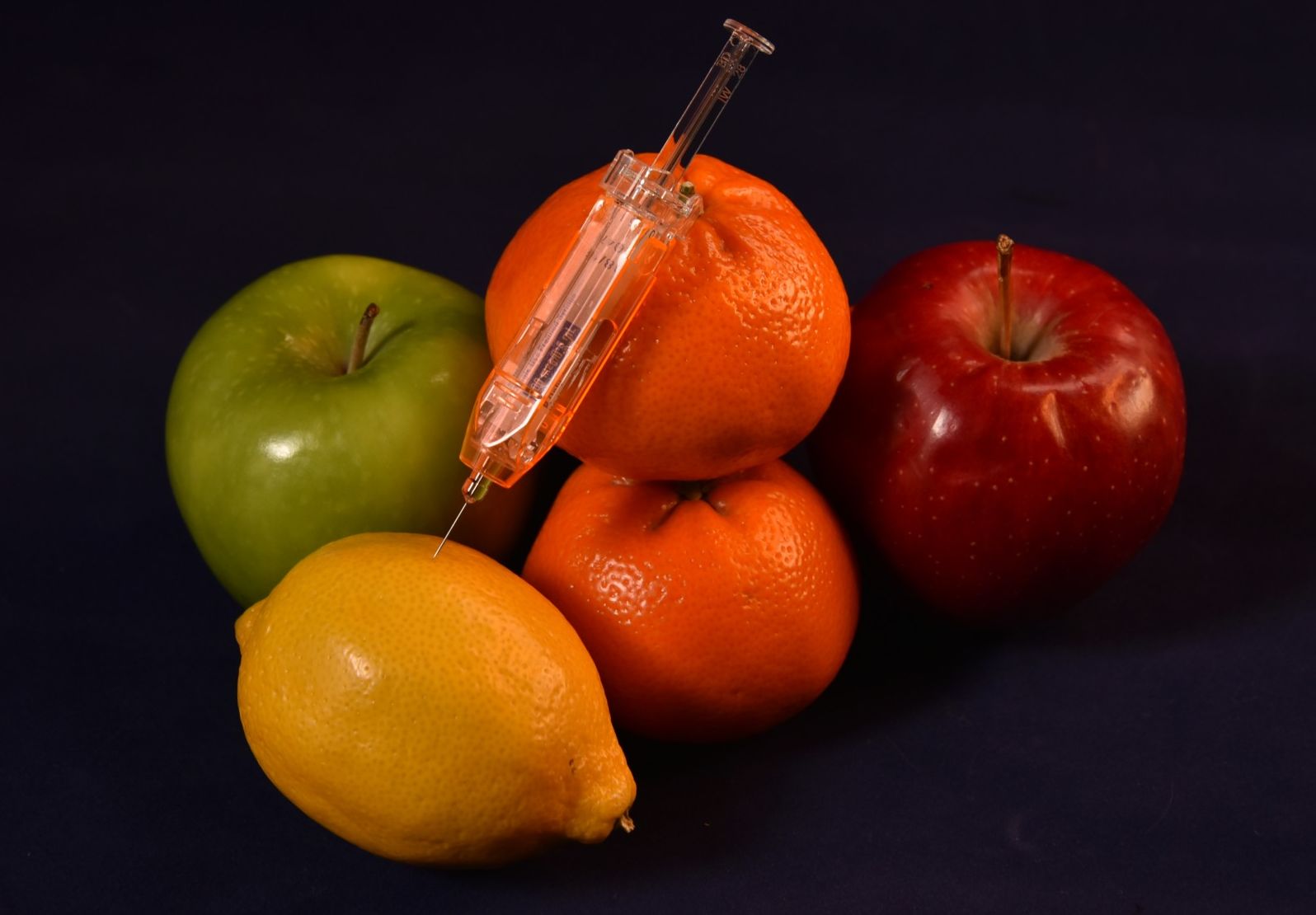Pesticides are toxic substances that are made with the intention to kill living organisms – insects, plants and fungi that are considered pests. Pesticide and herbicide use contaminates groundwater, ruins soil structures and promotes erosion. Another problem is that once pesticides are applied to crops, they become permanently part of them.
What Do Pesticides Cause in our Bodies?
The human health risks of pesticides have been determined by many independent researches by scientists and doctors around the world. As confirmed by various international government agencies, individual pesticides have been associated with various health problems such as brain and nervous system toxicity, cancer, homonal disorders, skin, eye and lung irritation. Pesticides have been linked to developmental problems in children according to the U.S. Environmental Protection Agency.
What Kinds of Fruits and Vegetables Contain the Most Pesticides?
Based on a new report from the Environmental Working Group you may be ingesting 67 pesticides if you’re eating non-organic food. Here is a list of fruits and vegetables with the highest content of pesticides: apples, tomatoes, celery, sweet bell peppers, peaches, kale and other leafy greens, strawberries, cucumbers, nectarines, grapes, peaches, nectarines, spinach, lettuce, pears, beans, potatoes, snap peas, and, last but not least, mushrooms.
How to Eliminate Pesticide Consumption?
Pesticides are found in many foods we eat regularly. We cannot see or feel them, they have no taste. They are insoluble in water, so they cannot be washed away from food perfectly, nor can they be easily eliminated from our bodies.
If possible, eat only organic food. If you do not have this option, always wash and peel the crops before use. The fruit and vegetable washing product may also be useful in this case. However, it should be noted that many substances are found inside plants because, for some crops, pesticides are applied many times per season.






